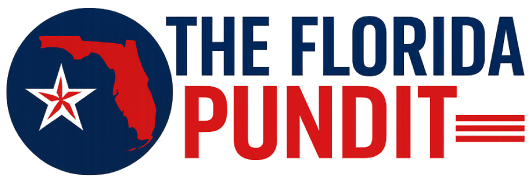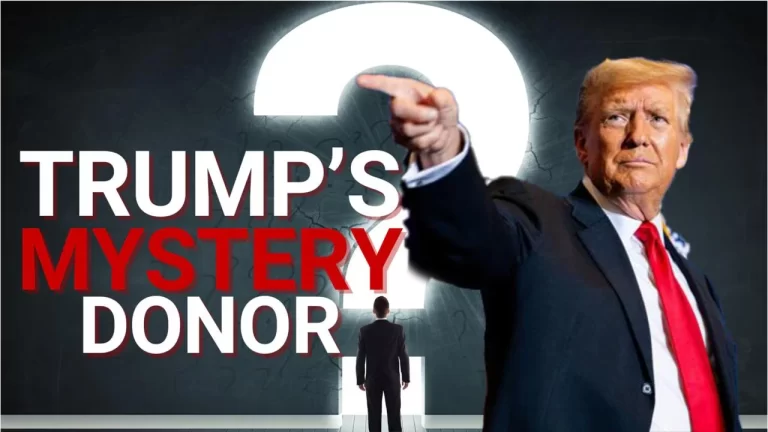A mysterious Trump ally has stepped in with a $130 million donation to help cover U.S. troops’ paychecks as the government shutdown drags on — but legal questions remain about whether the funds can actually be used without congressional approval.
According to Pentagon spokesperson Sean Parnell, the Department of War received the anonymous donation on October 23 under its general gift authority. The donor reportedly specified that the money be used to support the salaries and benefits of service members during the shutdown. “We are grateful for this donor’s assistance after Democrats opted to withhold pay from troops,” Parnell said in a statement.
While Trump and military supporters have praised the gesture, experts warn the federal government cannot legally disburse the funds without authorization from Congress.
“Even though the Department of War can accept general donations, Congress must appropriate that money before it can be used to pay military salaries,” explained Romina Boccia, director of budget and entitlement policy at the Cato Institute. She noted that private donations to the military are typically limited to specific areas such as schools, libraries, museums, or aid for troops injured or killed in service. Any change to that policy, she said, would require congressional action.
President Donald Trump confirmed Thursday that a “friend” had contacted him, offering to cover any pay shortfalls caused by what he called the “Democrat shutdown.” “He said, ‘I love the military and I love the country — I’ll take care of it,’” Trump told reporters. However, the former president declined to identify the individual, saying he would only do so with their permission.
Speculation has swirled over the donor’s identity, with outlets like the Hindustan Times suggesting possible names such as Tesla CEO Elon Musk or entrepreneur Jared Isaacman, though neither has commented publicly.
Under U.S. law, Congress holds the “power of the purse,” as stated in Article I of the Constitution, meaning only lawmakers can approve federal spending. Boccia said that the only workaround would be if Congress classified troop pay as “mandatory spending,” similar to Social Security or Medicare — a move that would exempt it from annual budget approvals.
The Treasury Department and the White House have not issued further clarification on how or whether the donation could be used. Earlier this month, Trump signed an order allowing active-duty troops to be paid temporarily by redirecting unused Pentagon research and development funds, but Republican lawmakers have warned that the fix is short-term.
As the shutdown continues, both lawmakers and military families are watching closely to see whether this unprecedented donation will make a real difference — or remain a symbolic act of generosity tangled in red tape.

